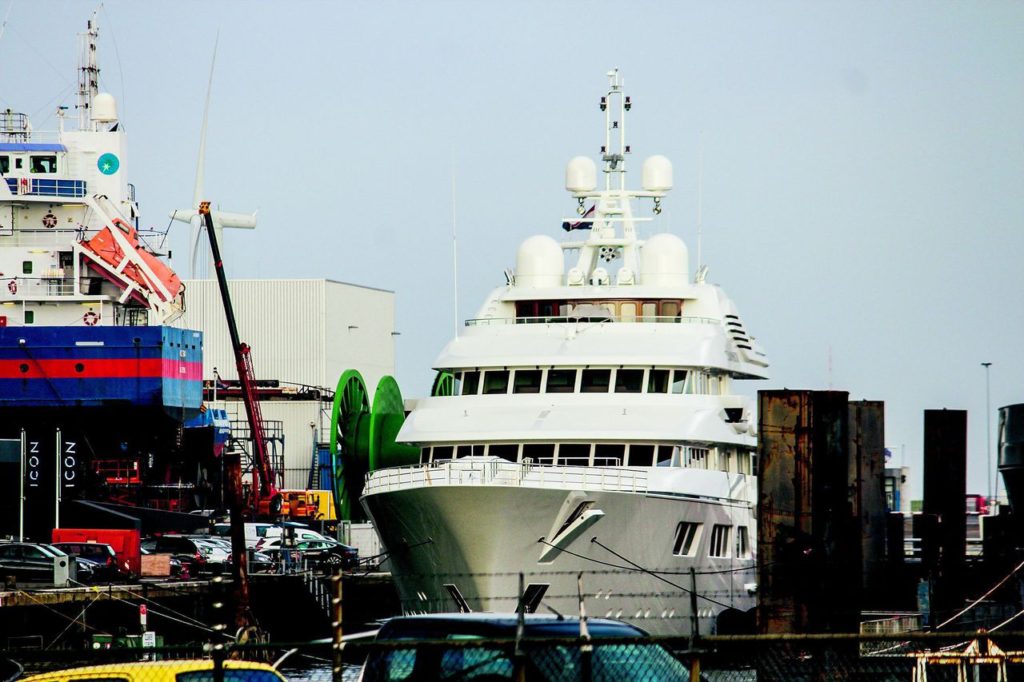
In a recent interview for an article written, in Dutch, by Marit Willemsen of NCL.NL, I explained that seizing assets belonging to Equatorial Guinea’s ruling Obiang family will hardly bring benefit to the inhabitants of the oil-producing former Spanish colony, located in central Africa.
Should Dutch prosecutors be successful in the forfeiture of a yacht, supposedly belonging to Teodorin Obiang (TNO), the son of the the country’s president, they will face difficulties giving the money back to Equatorial Guinea in a manner that won’t benefit the Obiangs ultimately.
Prosecutors had better concentrate their resources on prosecuting those who help such rulers launder the proceeds in their territory. And they should also assist countries that are really involved in claiming looted assets back.



